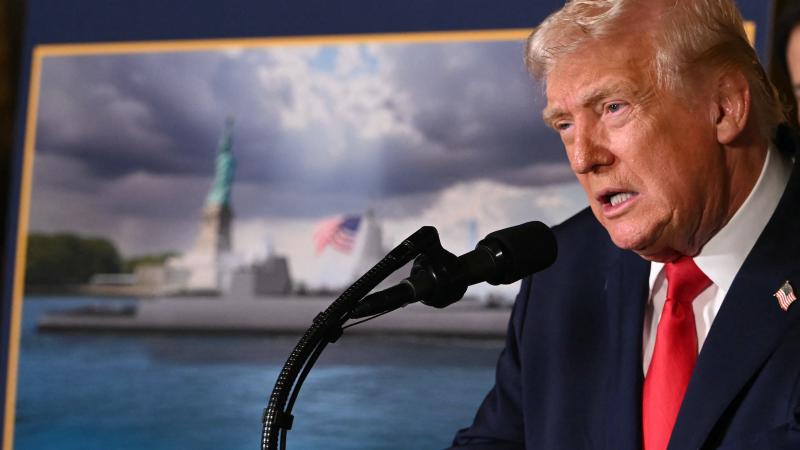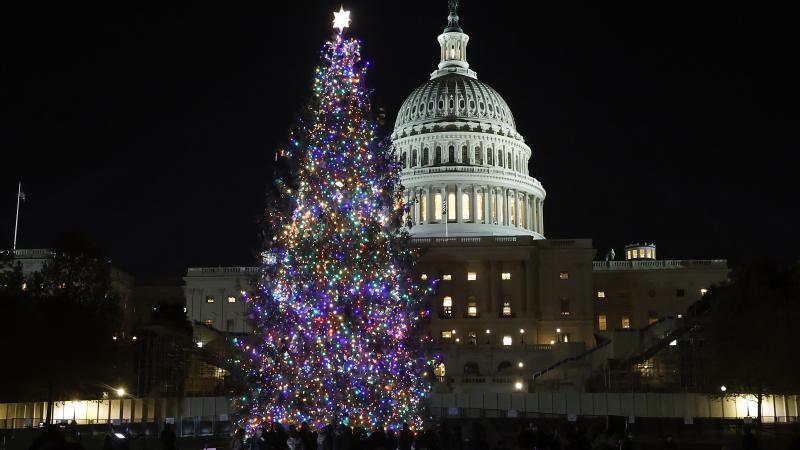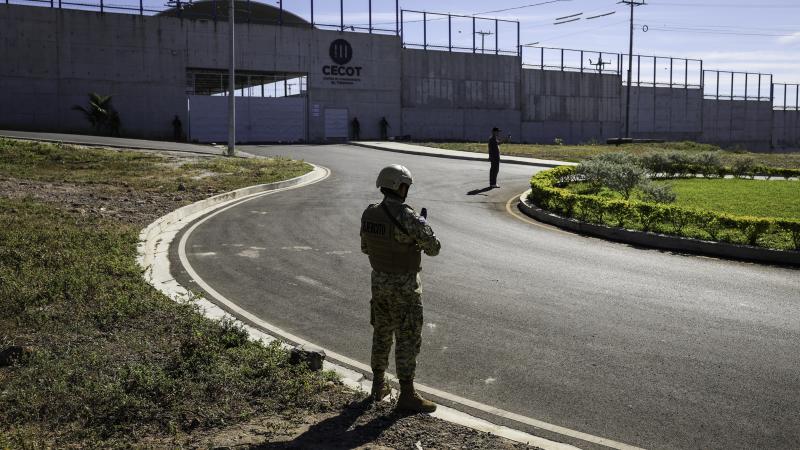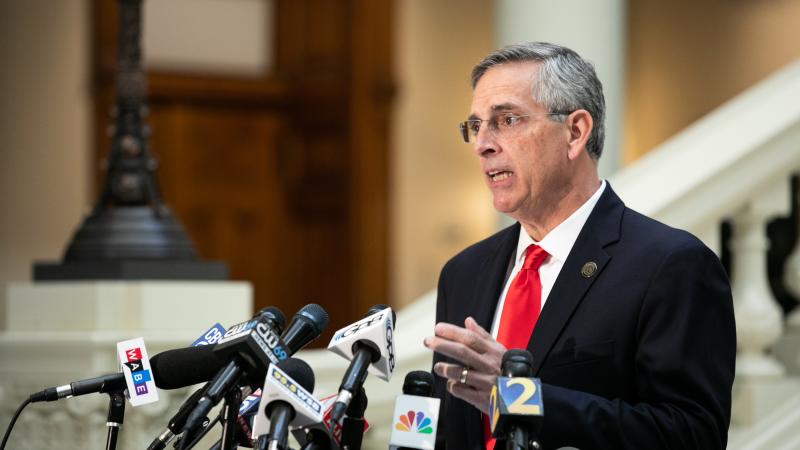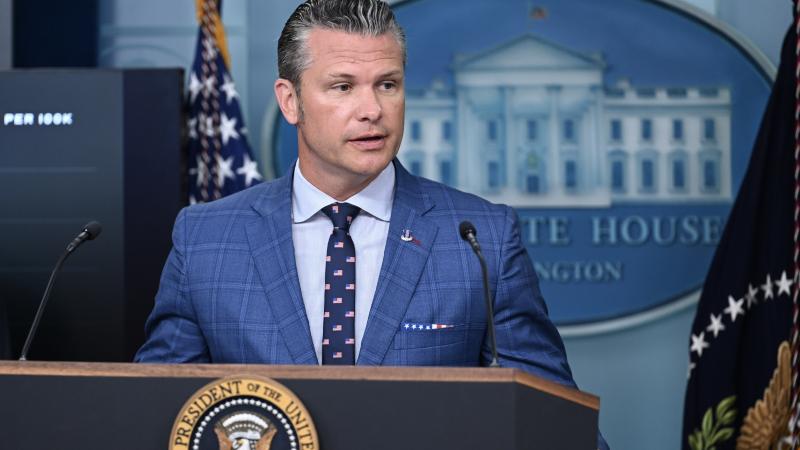Trump administration to announce plan for Medicare & Medicaid to cover costs of coronavirus vaccine
A new set of regulations will allow recipients to receive the vaccine at no cost under the FDA's 'emergency authorization' designation
the Trump administration is set to announce a plan to cover the out-of-pocket costs of coronavirus vaccinations for the millions of Americans who receive Medicare or Medicaid.
According to reports, the federal health insurance plans will now cover vaccinations that receive emergency-use authorization from the Food and Drug Administration. The regulations will likely be announced on Tuesday or Wednesday by officials from the Centers for Medicare and Medicaid Services.
Several companies with coronavirus vaccines in development have said they plan to apply for an FDA emergency use authorization by the end of 2020.
The new set of regulations will also encapsulate other coronavirus-related costs, including expanding flexibility for patients on Medicaid who are seeking treatment and care for the coronavirus.
"It was very clear that Congress wants to make sure that Medicare beneficiaries have this vaccine and that there isn't any cost-sharing," said Seema Verma, a top administrator at the Centers for Medicare and Medicaid Services, earlier this month. "Stay tuned, you'll see more from the agency on this very shortly."
In March, Congress attempted to mandate free coronavirus vaccination coverage as a part of its first coronavirus relief package.
However, Medicare does not currently cover costs of drugs authorized under the FDA's emergency-use designation, which could mean millions of Americans would be forced to deal with the expenses of the vaccine on their own.
The administration ultimately decided decided that it would not be able to fix the issue via an executive order, leaving the health agencies to brainstorm various potential solutions.
Earlier in October, the administration negotiated a deal with CVS and Walgreens pharmacies to administer coronavirus vaccines free of charge to seniors and to health-care workers in long-term care facilities, though that constituency accounts for only a small part of Medicare's 60 million-plus recipients.

